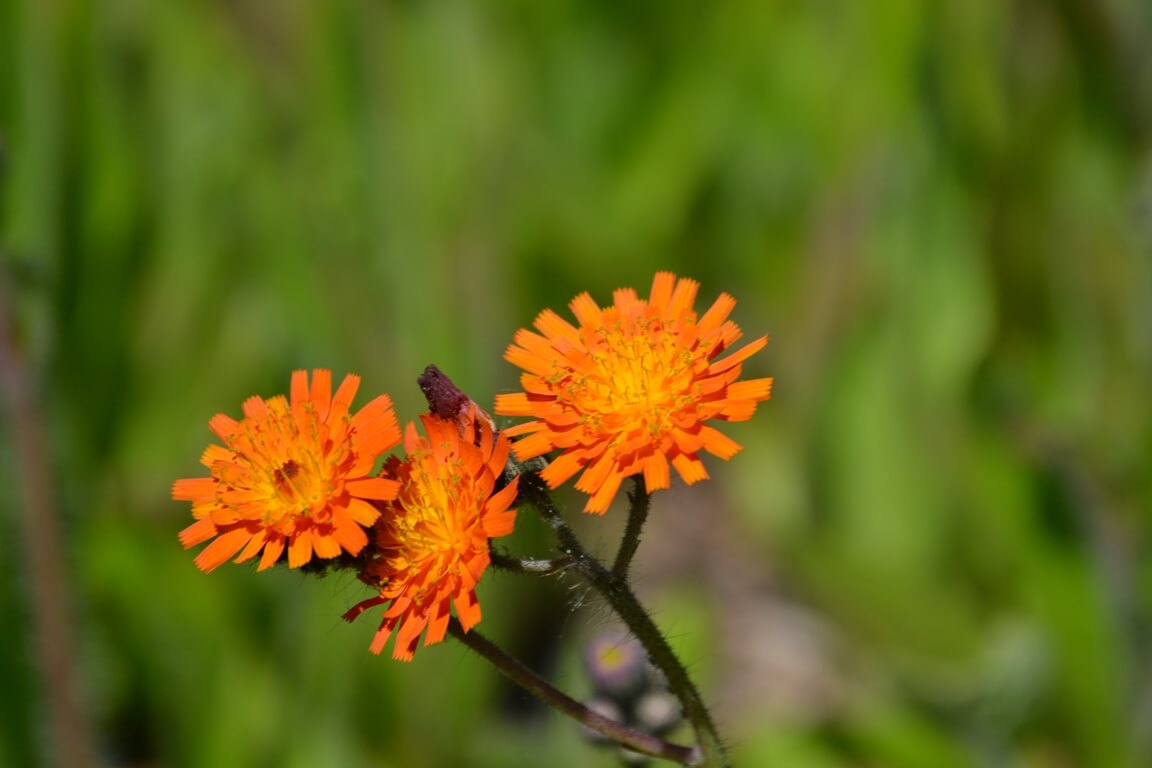More to Discover

This means we do not use any pesticides or herbicides but instead try to work with nature to find the best way of dealing with the problems we face. We also encourage lots of pollinating insects such as bees and butterflies with plants such as hyssop, wall germander, knapweed, thyme and lavender which provide them with nectar and pollen to eat.
Methods that can be seen in use at the Hall include companion planting, natural predators and natural traps.
This is based on the principle that certain plants when grown together help each other to grow or stay healthy. For example the strong smell from onions or chives can deter carrot flies from damaging carrots by disguising the smell of the carrots.
In the gardens we encourage lots of natural predators to help deal with pests. For example, ladybirds can eat up to 5,000 greenflies in their lifetime.
At the Hall we use beer traps to catch slugs. The slugs are lured by the yeast and sugars in the beer and then drown. The drowned slugs and leftover beer can then all be tossed on the compost heap so nothing is wasted.
Following the success of our experiments last year we will continue spraying our roses and box hedges weekly with milk diluted with water between April and October. Milk contains natural anti-fungal agents and so helps in combating rose black spot and box blight.